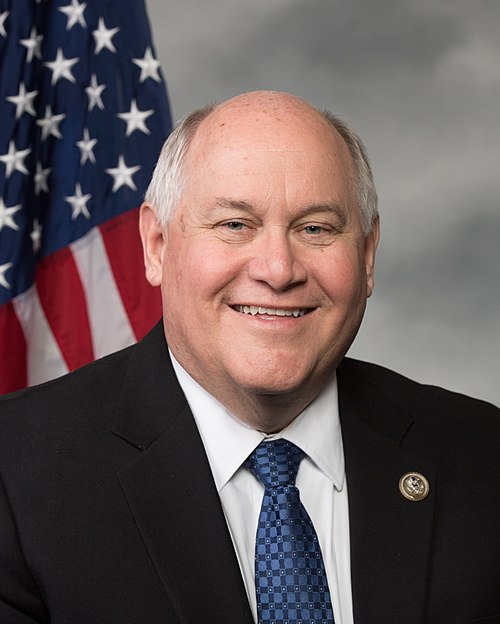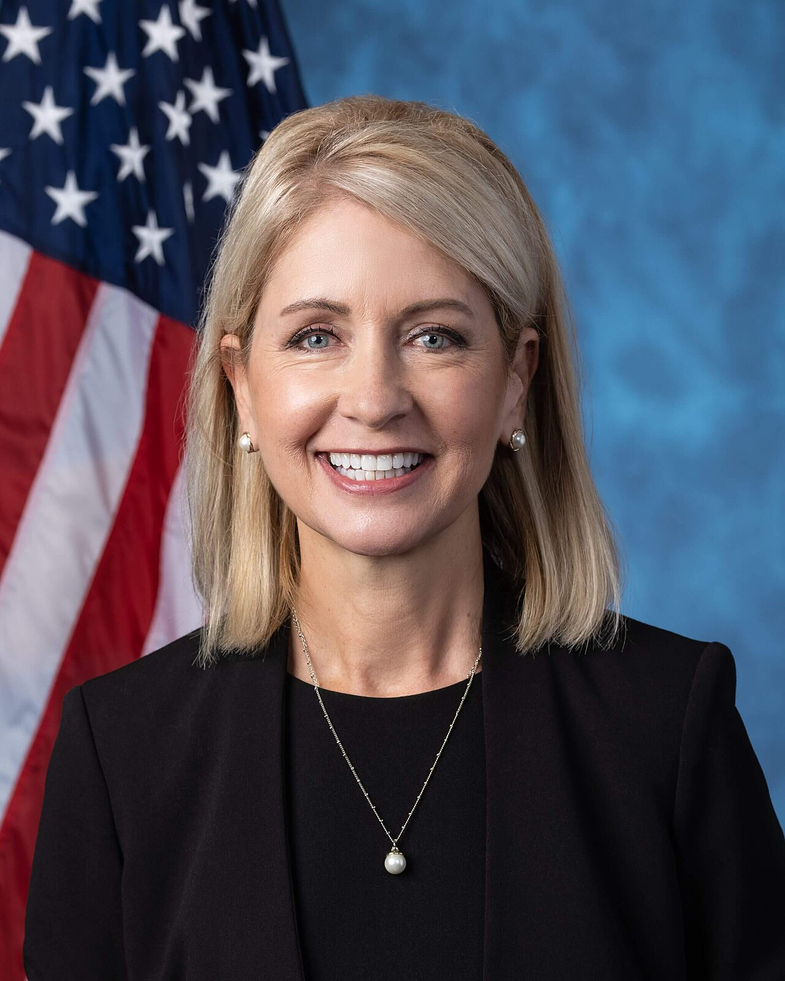H.R. 2251: Protecting Individuals with Down Syndrome Act
This bill, titled the "Protecting Individuals with Down Syndrome Act," proposes amendments to federal law to specifically prohibit abortions that are sought based on a diagnosis of Down syndrome. The key aspects and provisions of the bill are outlined below:
Prohibition of Discrimination
The bill seeks to make it illegal for any healthcare provider to perform an abortion if the decision is influenced by the unborn child's Down syndrome diagnosis. It recognizes that individuals with Down syndrome are valuable members of society and emphasizes the need to protect them from discrimination.
Definitions
- Abortion: Defined as using any method intended to kill the unborn child or terminate a pregnancy, unless for specific medical reasons.
- Down Syndrome: Defined as a chromosomal disorder, specifically due to an extra copy of chromosome 21.
- Unborn Child: Defined as a human being from the point of genetic development (fertilization) until birth.
Unlawful Actions
The bill stipulates several unlawful actions regarding abortions:
- Performing an abortion knowing that it is being sought because of a Down syndrome diagnosis.
- Trying to persuade or coerce a woman into having an abortion based on the unborn child's condition.
- Transporting a woman across state lines for the purpose of obtaining such an abortion.
Punishments and Remedies
Violating these provisions could result in criminal penalties, including fines or imprisonment for up to five years. Additionally, women upon whom the prohibited abortion is performed can seek civil remedies:
- They can sue for damages, which may include compensation for physical and psychological harm.
- The father or maternal grandparents may also have the right to bring legal action in certain situations.
Reporting Requirements
Healthcare professionals are required to report suspected violations of this law to law enforcement authorities. Failure to do so may lead to criminal penalties.
Injunctions and Civil Actions
Qualified plaintiffs may seek judicial injunctions to prevent further violations, and courts are required to protect the anonymity of the individuals involved in such cases, unless there is explicit consent to disclose personal information.
Federal Funding Consequences
The bill indicates that violations may result in the loss of federal funding for the entity involved, indicating a connection between this law and broader discrimination protections under existing federal statutes.
Severability Clause
If any part of the law is found to be invalid, it shall not affect the rest of the provisions, allowing those to remain in effect.
Relevant Companies
- None found
This is an AI-generated summary of the bill text. There may be mistakes.
Sponsors
3 bill sponsors
Actions
2 actions
| Date | Action |
|---|---|
| Mar. 21, 2025 | Introduced in House |
| Mar. 21, 2025 | Referred to the House Committee on the Judiciary. |
Corporate Lobbying
0 companies lobbying
None found.
* Note that there can be significant delays in lobbying disclosures, and our data may be incomplete.
Potentially Relevant Congressional Stock Trades
No relevant congressional stock trades found.


